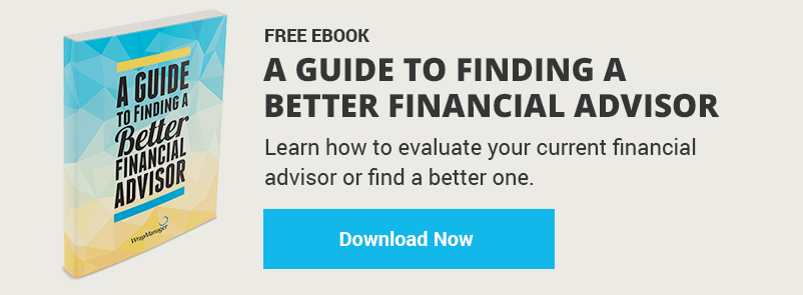 We’ll admit it: creating a comprehensive estate plan is not the easiest thing in the world to do. In fact, it usually involves a great deal of time, planning, and in some cases can come with a price tag.
We’ll admit it: creating a comprehensive estate plan is not the easiest thing in the world to do. In fact, it usually involves a great deal of time, planning, and in some cases can come with a price tag.
But that does not make estate planning any less important to your financial future! Spending adequate time on your estate plan can mean having your assets distributed the way you want them distributed, and it can save your family time and money and help them avoid the hardships that often accompany estate settlements where plan documents are unclear (or non-existent).
Enter Estate Planning 101, your guide to the estate planning basics you need to get started. Creating a comprehensive estate plan takes time, and your plan is subject to change over the years as your family and financial circumstances change. Our goal is to give you a starting point by outlining some of the basics.
What is an Estate Plan?
An estate plan creates a documented approach for how your assets should be distributed after you pass away (or become unable to make your own financial decisions). Many folks may believe that an estate plan is only necessary for the very wealthy, but that is not necessarily the case at all. Property owners and those with assets in various places should organize how they want each asset distributed, whether through beneficiary assignments, wills, trusts, or other legal documentation. Without an estate plan, your assets may have to move through probate court before they are distributed to heirs – this can create unintended costs for your family and may lead to unnecessary disputes.1
What is an Estate Tax?
The estate tax is a tax on your right to transfer property at your death. The good news here is that you do not have to file an estate tax return if your combined gross assets and prior taxable gifts do not exceed $5,430,000 in 2015, or $5,450,000 in 2016. These amounts are subject to change based on law changes.2
For a helpful list of frequently asked questions on estate taxes, the IRS has created a comprehensive list you can find here: IRS.gov
Are There Strategies to Help Reduce Estate Taxes?
Yes. There are a few ways you can reduce the size of your estate while you’re alive, so as to reduce or avoid the tax burden that may come later. Such strategies may include transferring assets to minors (who you planned to leave the assets to anyway), marital transfers, irrevocable life insurance trusts (life insurance proceeds generally aren’t taxable), and charitable transfers.
WrapManager has detailed five methods for reducing your estate tax, which you can review by clicking on the link.
If I Wanted to Get Started Today, Where Should I Begin?
Start by creating an Estate Planning Checklist. You shouldn’t feel as though you have to create the perfect estate plan all in one sitting. It takes time, careful thought, and in many cases, professional help. But getting started should be easy, and could even be fun! You can take time to review all of the assets you’ve accumulated over the years, and create a plan for how your family can effectively use them for generations to come.
What Estate Planning Documents Will I Need?
Once you have organized all of your assets, it probably makes sense to consult an estate planning or tax attorney for help in determining the next steps. You will most likely need at least a simple will, which should outline as clearly as possible how you want all of your assets distributed. To note: don’t forget to review your assigned beneficiaries on your retirement accounts and other applicable assets, like annuities and life insurance.
More complex estates may require creating trusts, which can dictate how assets are distributed over time. You should seek the help of a legal and tax professionals when creating trusts, as there are various factors to consider such as where the trust is located and who you should designate as your trustee(s).
Who Should I Work With to Create My Estate Plan?
In most cases, it makes sense to start with your financial advisor to get your financial house in order, and then work with an estate planning attorney and/or tax attorney to draft the documents.
Ready to Get Started? Talk to a Wealth Manager Today
If you want a sounding board to ask questions about your estate plan, and how you might be able to fine-tune it, please do not hesitate to call one of our Wealth Managers today. We’d be happy to review some of your questions and concerns so you start your estate plan on the right track. Give us a call at 1-800-541-7774 today, or feel welcome to contact us here.
Sources:
1. CNN
2. IRS.gov





